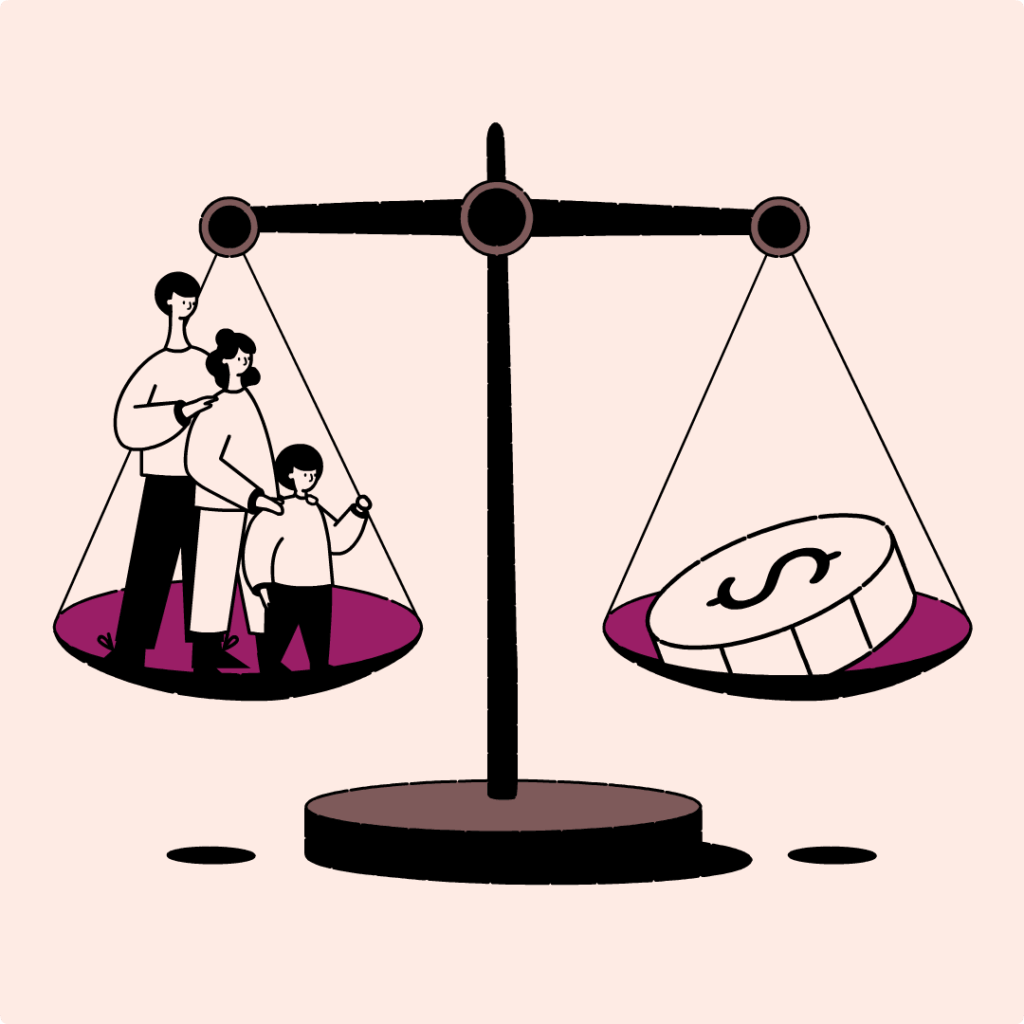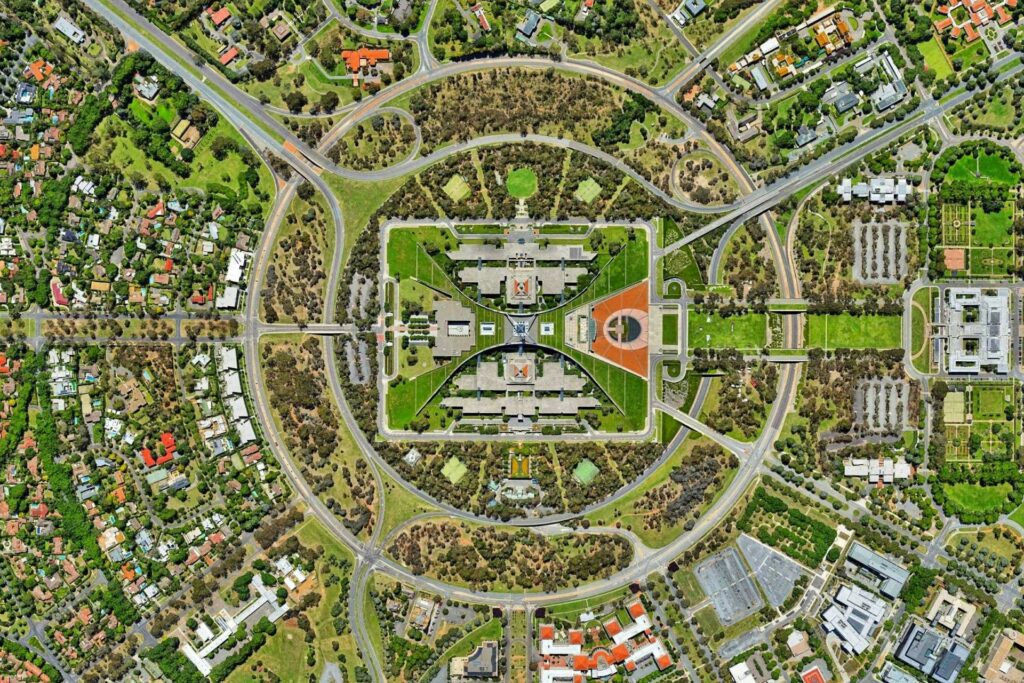Every day in Australia, an average of nine people die by suicide and more than 150 people attempt to take their own lives. On top of this, thousands more will experience suicidal distress. This can have devastating impacts on individuals, families and communities. But it doesn’t have to be this way. Most suicides are preventable.
A national framework for suicide prevention
The new National Suicide Prevention Strategy provides a framework to improve efforts and investment in the prevention of and response to suicidal distress. It aims to unify the work already being done by governments, communities, people with lived experience and their families, and service providers to improve suicide prevention outcomes in Australia.
In 2022, Health Justice Australia joined the Service Systems Working Group for the development of the new National Suicide Prevention Strategy. The working group was made up of experts from across the suicide prevention sector, as well as health and carer peak representative bodies. Through the working group, Health Justice Australia provided expertise to the National Mental Health Commission in relation to cross-sector integrated partnerships as a core component of the prevention and support system.
Released in February 2025, the strategy has a strong focus on preventive and protective factors for individuals and community, including recommended actions to improve collaboration between services and across sectors, particularly to address the underlying socio-economic factors that may contribute to suicidal distress. The report specifically calls out health justice partnership as a way to “enable delivery of coordinated and holistic support that addresses diverse drivers of distress for people experiencing suicidal thoughts and behaviours and their family, carers and kin”.
Health justice partnership and mental health
Health Justice Australia has long advocated to government the importance of legal help as part of holistic mental healthcare. Legal help can support individuals to address and de-escalate issues before they drive poor mental health and compound distress. Health justice partnerships provide a bridge between health and social services people may already be accessing and the legal services that can offer support to reduce the prevalence and impact of key drivers of distress.
The Productivity Commission (the Commission) has just released its interim report on the review of the National Mental Health and Suicide Prevention Agreement. Health Justice Australia’s initial submission to the review highlighted the opportunity to drive a shared commitment to transform and improve Australia’s mental health and suicide prevention system from one that focuses on the point of crisis, with service models that respond to acute needs, to a comprehensive, holistic response system for mental health and suicide.
The interim report echoes this perspective, with a focus on an integrated, whole of government approach to respond to social determinants affecting mental health and wellbeing, and draft recommendations that the next agreement have stronger links to the broader policy environment, including justice, housing and disability support. Feedback on the Interim Report can be provided to the Commission before July 31.




